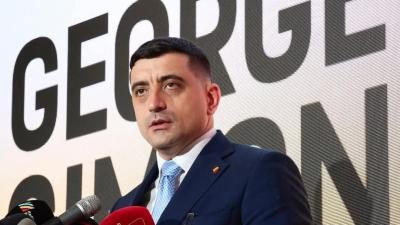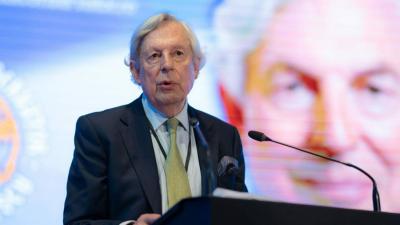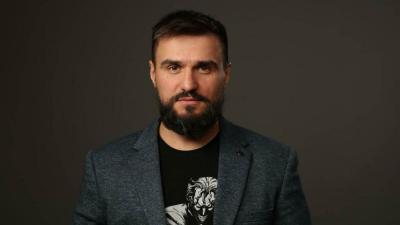The eyes of the whole of Europe are on Romania and it seems highly unlikely that the candidacy of George Simion, who represents the country’s second largest political force, will be challenged.
Since the Constitutional Court annulled last November’s presidential elections, citing constitutional problems but offering no clear justification, Romanian politics has entered a spiral of instability and uncertainty. Călin Georgescu’s unexpected victory in the first round of the presidential election was joined by the surprising second place finish of Elena Lasconi, whose party performed dismally in the general election just a week later. The two major parties that have led Romania for the past forty years, the Social Democrats and the National Liberals, were also surprisingly left out of the second round. For many Romanians, who had not even voted for Georgescu, this, and not the accusations of Russian interference, was the real reason why the Romanian establishment annulled the elections.
Many consider this case to be a dangerous precedent, some even call it a coup d’état, fearing that what happened in Romania could be repeated in any other EU country. In the end, the Constitutional Court banned Georgescu from standing in the elections, as was foreseeable because otherwise the electoral annulment would have been called into question, but his baton as an anti-establishment candidate, although marking the differences that separate him from Georgescu, has been taken up by George Simion, president of the conservative Alliance for the Union of Romanians (AUR) and vice-president of the European Conservatives and Reformists Party (ECR), who has submitted his candidacy for the forthcoming presidential elections on 4 May.
From the ECR, politicians such as Sweden’s Charlie Weimers and Poland’s Mateusz Morawiecki, have shown their support for Sumion’s candidacy. Weimers warned about a potential effort to block George Simion’s candidacy: “If this happens, there will no longer be a right-wing candidate in Romania’s presidential elections”. Morawiecki, former Polish Prime Minister and current ECR leader, compared the situation in Romania to the situation in Poland, where the government is conducting a campaign of harassment against the opposition, and also warned that what has happened constitutes a serious threat to national sovereignty.
Other support has come from the group Patriots for Europe and even the United States. PfE issued a statement supporting the Romanian people “in the defence of their democracy”, noting that “respecting the will of the voters is the basis of a free society. The world is watching”. From the United States, William Branson Donahue, chairman of the College Republicans of America, highlighted George Simion’s “bold and patriotic vision for Romania’s future”.
Backed by all this international support, Simion filed his candidacy last Friday. His candidacy was accepted by the Electoral Committee, but three challenges to his candidacy were registered and finally rejected by the Constitutional Court on Sunday. However, there could still be legal obstacles that could jeopardise George Simion’s candidacy, as the final validation will not take place until tomorrow, Tuesday.
Following the ruling, Simion delivered a strong message: “Today, Romania and Europe have taken a step forward for democracy. The fundamental right to run for office has been restored. However, we remain vigilant. We are still worried that the Constitutional Court might find a way to block my candidacy. We will not rest until the legal term has passed on Tuesday.”
The eyes of the whole of Europe are on Romania and it seems highly unlikely that the candidacy of George Simion, who represents the country’s second largest political force, will be challenged. Once validated, a very tough electoral race will begin that will put Romania’s democratic integrity to the test and, once again, there may be big surprises.
Read also
“The West dropped its guard and was slow to recognise the emergence of a new, revanchist dictator in Russia”: An Interview with Geoffrey van Orden
Geoffrey Van Orden is a former British army brigadier-general who subsequently spent 20 years as a Member of the European Parliament.
Álvaro Peñas
Darío Madrid: “It is not necessary to defend a pink legend of the Inquisition, but simply to put it in context”
Álvaro Peñas: Why a book about the Spanish Inquisition?
Álvaro Peñas
“Russia has no interest in ending this war, and only by understanding this can we deal with the Kremlin”: An Interview with Olexsandr Shulga
Russia reminds us every moment, through brutal and horrible acts, of what awaits us if we surrender: the end of our national identity and the murder of all those who, politically or culturally, embody the Ukrainian nation.














Comments (0)